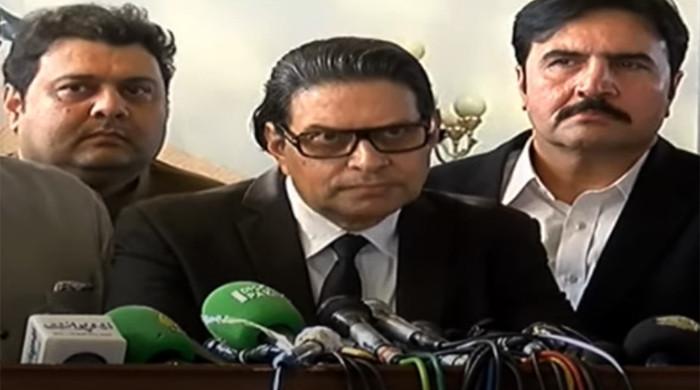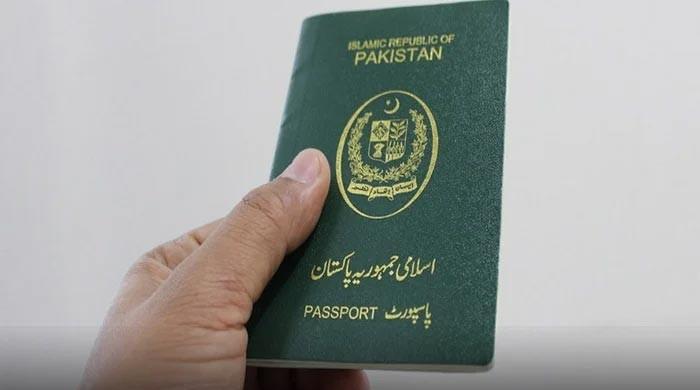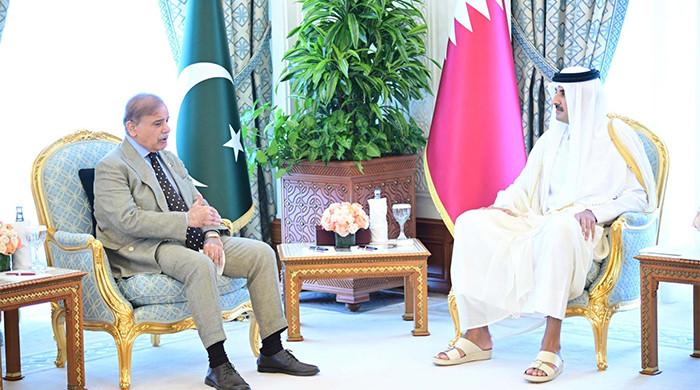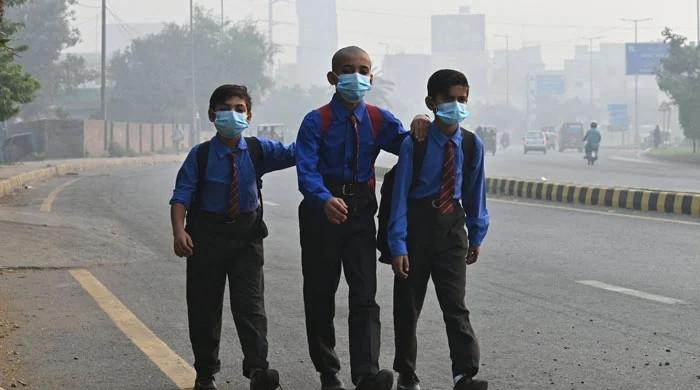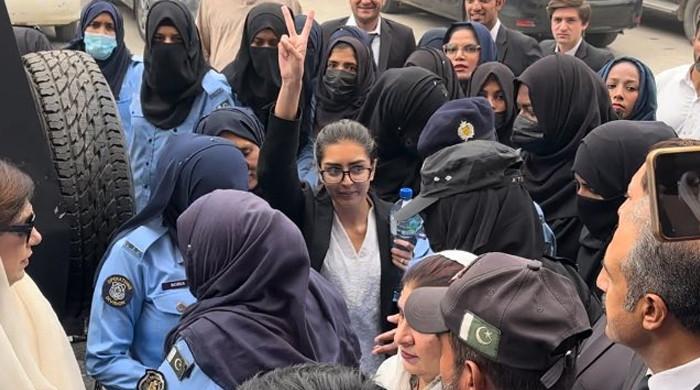PM reiterates commitment to transforming lives of persons with disabilities
Our bill to empower and enable persons with disabilities to surmount all barriers is ready, says PM Imran
December 03, 2018

ISLAMABAD: Prime Minister Imran Khan on Monday reiterated his government’s commitment to transforming lives of people with disabilities.
Taking to Twitter on International Day of Persons with Disabilities, the premier said, “I want to reiterate our government's commitment to transforming the lives of those with disabilities by offering them equal opportunities in education and employment.”
“Our bill to empower and enable them to surmount all barriers is ready,” he added.
.
.
The world observes International Day on Persons with Disabilities on December 3.
In Pakistan, civil society organisations, academic institutes and organisations of persons with disabilities have planned various activities to mark the day and to discuss the way forward for inclusive, equitable and sustainable development.
The day calls for taking appropriate measures to ensure that persons with disabilities have access to all aspects of society, on an equal basis with others, as well as to identify and eliminate obstacles and barriers to accessibility, under the United Nations convention.
Today, more than one billion people, or approximately 15 per cent of the world's population, have some form of disability.
This year's theme, “Empowering persons with disabilities and ensuring inclusiveness and equality”, focuses on empowering persons with disabilities for an inclusive, equitable and sustainable development as part of the 2030 Agenda for Sustainable Development.
The annual observance of the International Day of Disabled Persons was proclaimed in 1992, by the United Nations General Assembly Resolution 47/3. It aims to promote the rights and well-being of persons with disabilities in all spheres of society and development, and to increase awareness of the situation of persons with disabilities in every aspect of political, social, economic and cultural life.
Building on many decades of UN’s work in the field of disability, the Convention on the Rights of Persons with Disabilities, adopted in 2006, has further advanced the rights and well-being of persons with disabilities in the implementation of the 2030 Agenda for Sustainable Development and other international development frameworks, such as the Sendai Framework for Disaster Risk Reduction, the Charter on Inclusion of Persons with Disabilities in Humanitarian Action, the New Urban Agenda, and the Addis Ababa Action Agenda on Financing for Development.
The Convention on the Rights of Persons with Disabilities (CRPD) recognises that the existence of barriers constitutes a central component of disability.
Under the convention, disability is an evolving concept that results from the interaction between persons with impairments and attitudinal and environmental barriers that hinder their full and effective participation in society on an equal basis with others.
Accessibility and inclusion of persons with disabilities are fundamental rights recognised by the Convention on the Rights of Persons with Disabilities and are not only objectives, but also pre-requisites for the enjoyment of other rights.
The convention (Article 9, accessibility) seeks to enable persons with disabilities to live independently and participate fully in all aspects of life and development.





